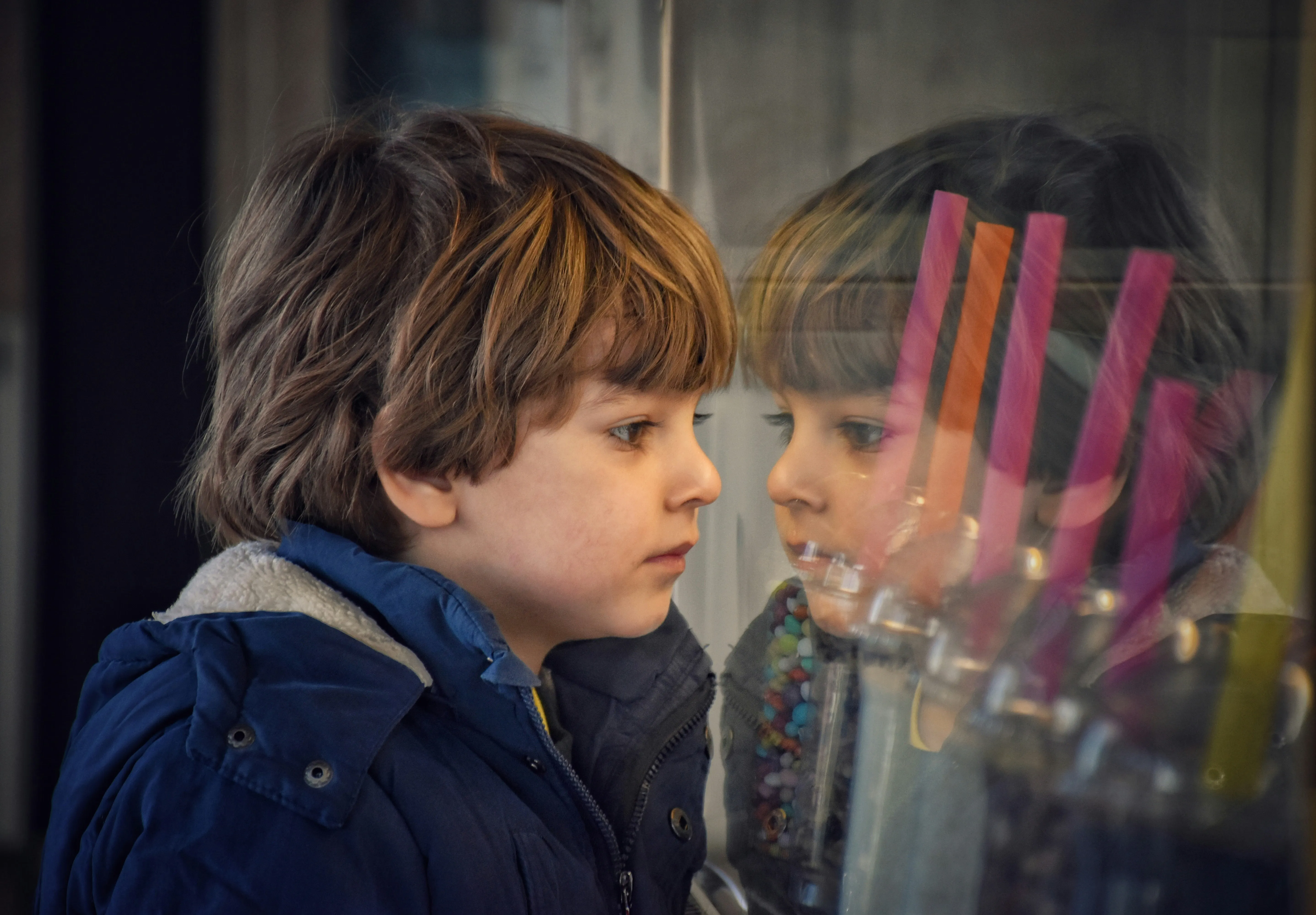Impact on Children: Understanding the Signs of Generational Trauma
Generational trauma doesn’t just affect those who directly experience it; its ripples extend outward, influencing the lives of our children.
Recognizing the signs that children are affected by generational trauma is crucial for breaking the cycle and fostering a healthier, happier future.
You can look for the signs that generational trauma is impacting your children and how parents’ trauma can shape their behavior and emotions.

Signs That Children Are Affected by Generational Trauma
Children often act as mirrors, reflecting the unresolved traumas of their parents and ancestors.
Here are some key signs that generational trauma may be affecting them:
Anxiety and Fearfulness
Children may exhibit heightened levels of anxiety or fear that seem disproportionate to their experiences. This can manifest as separation anxiety, fear of failure, or generalized anxiety about everyday activities.
For instance, a child might be excessively worried about going to school or participating in social events without any apparent reason. This heightened state of alertness is often a learned response from parents who themselves live in a state of hyper-vigilance due to past traumas.
Over time, this constant anxiety can impact a child's overall development, leading to difficulties in focusing, learning, and forming healthy relationships.
Behavioral Issues
Unresolved trauma can lead to behavioral problems, such as aggression, defiance, or extreme withdrawal. These behaviors are often coping mechanisms for deeper emotional turmoil.
A child who is acting out aggressively may be expressing underlying anger and frustration that they cannot articulate. On the other hand, a child who withdraws and becomes extremely quiet may be internalizing their pain, feeling overwhelmed by their emotions.
These behavioral issues can often be misunderstood as simple disobedience or shyness, but they are signals that the child is struggling to cope with complex emotions stemming from generational trauma.
Emotional Dysregulation
Difficulty managing emotions, frequent mood swings, and intense emotional reactions can be signs of underlying trauma. Children may struggle to calm themselves or may be easily overwhelmed by their feelings.
For example, a child might have sudden outbursts of anger or uncontrollable crying fits that seem out of proportion to the triggering event. This inability to regulate emotions often mirrors the emotional instability seen in parents who have unresolved trauma.
Emotional dysregulation can affect a child's social interactions, academic performance, and overall mental health, making it challenging for them to navigate daily life.
Attachment Issues
Traumatized parents may have difficulty forming secure attachments with their children, leading to attachment issues.
Children might become overly clingy or, conversely, very distant and aloof. A child who is clingy may feel insecure and anxious about their relationship with their parents, constantly seeking reassurance.
Conversely, a child who is distant might have learned to shut down emotionally to protect themselves from perceived rejection or inconsistency in their parents' behavior.
These attachment issues can significantly impact a child's ability to form healthy relationships in the future, as their early experiences shape their understanding of trust and intimacy.
Re-enactment of Trauma
Children might unconsciously re-enact the trauma experienced by previous generations. This can include similar relational patterns, self-destructive behaviors, or an overwhelming sense of guilt or shame.
For example, a child might engage in risky behaviors, such as substance abuse or self-harm, mirroring the coping mechanisms seen in their parents or grandparents. They might also experience feelings of guilt or shame without a clear cause, reflecting the unresolved emotions passed down through generations.
Recognizing these patterns is crucial for breaking the cycle and helping children develop healthier ways to cope with their emotions.
Somatic Symptoms
Physical symptoms such as headaches, stomachaches, or unexplained illnesses can sometimes be linked to unresolved emotional distress and trauma.
Children may frequently complain of physical ailments that seem to have no medical explanation. These somatic symptoms are often the body's way of expressing emotional pain that the child cannot verbalize. For instance, chronic stomachaches might be a manifestation of deep-seated anxiety or fear.
Addressing these physical symptoms requires a holistic approach that considers both the child's emotional well-being and their physical health.
How Parents’ Trauma Influences Children's Behavior and Emotions
Understanding how parents' unresolved trauma can shape their children's behavior and emotions is essential for breaking the cycle of generational trauma. Here are some ways this influence manifests:
Emotional Transference
Children are highly sensitive to their parents’ emotional states. If a parent is struggling with anxiety, depression, or unresolved trauma, children can absorb these emotions, leading to similar emotional struggles in their own lives.
For example, a parent who frequently experiences anxiety might unconsciously communicate this state of fear to their child through their behavior and interactions. The child, in turn, learns to view the world as a threatening place, internalizing the parent's anxiety as their own.
This emotional transference can make it challenging for children to develop a stable and secure sense of self, as they are constantly influenced by their parents' emotional turmoil.

Learned Behaviors
Children learn how to respond to the world by observing their parents. If parents cope with stress through unhealthy mechanisms like substance abuse, anger, or avoidance, children are likely to adopt these behaviors.
For instance, a child who sees their parent turning to alcohol during stressful times may come to view substance use as a viable coping mechanism. Similarly, if a parent frequently reacts to stress with anger or withdrawal, the child may learn to mirror these responses in their own life.
These learned behaviors can perpetuate cycles of dysfunction, making it difficult for children to develop healthy coping strategies.
Attachment Patterns
Traumatized parents might struggle to form secure attachments, which can lead to insecure attachment styles in their children. This can affect children’s future relationships and their ability to trust and connect with others.
For example, a parent who is emotionally unavailable due to their trauma may have difficulty providing consistent love and support to their child. This inconsistency can lead to attachment issues such as anxiety or avoidance, where the child either becomes overly dependent on others for validation or avoids close relationships altogether.
These attachment patterns, established early in life, can have long-lasting impacts on a child's emotional and relational health.
Inherited Beliefs and Fears
Parents often unconsciously pass down their fears and limiting beliefs to their children. This can include fear of abandonment, scarcity mindsets, or deeply ingrained beliefs about self-worth and safety.
For example, a parent who grew up in poverty might instill a scarcity mindset in their child, constantly worrying about money and resources. This belief can create a sense of insecurity and anxiety in the child, influencing their attitudes towards money and abundance.
Similarly, a parent who experienced abandonment might project fears of being left or unloved onto their child, affecting the child's self-esteem and relationships.
Epigenetic Influences
Research in epi-genetics shows that trauma can alter gene expression, which can then be passed down to future generations. This means that children might inherit a heightened sensitivity to stress or a predisposition to certain emotional and physical health issues.
For instance, studies have shown that the descendants of Holocaust survivors exhibit higher levels of stress hormones, even though they did not directly experience the trauma. These epigenetic changes can make children more vulnerable to anxiety, depression, and other mental health issues.
Understanding these influences can help parents take proactive steps to mitigate the impact of inherited trauma.
Breaking the Cycle
The good news is that awareness is the first step towards healing.
By recognizing the signs of generational trauma and understanding how our unresolved issues influence our children, we can take proactive steps to break the cycle.
Healing ourselves is the most powerful way to create a positive legacy for our children, allowing them to grow up in an environment of love, security, and emotional health.
In our next blog post, we’ll delve deeper into practical steps parents can take to heal from generational trauma and create a nurturing environment for their children.
Stay tuned for insights and strategies to help you on your healing journey.

